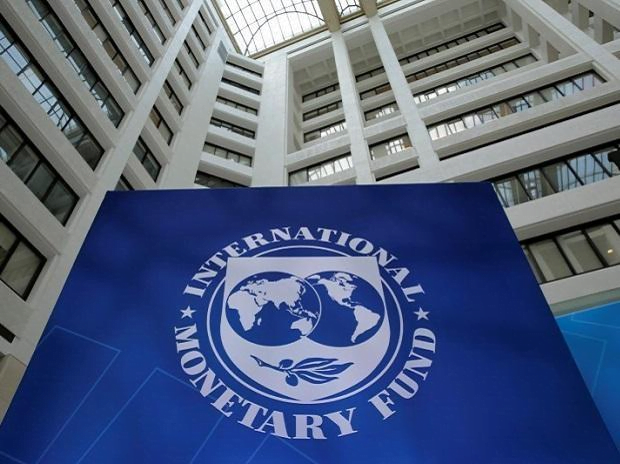The International Monetary Fund (IMF) has called upon Pakistan to eliminate the dual exchange rate system and share a revised budgetary framework for the current fiscal year and the upcoming budget (2023-24) in order to reach a staff-level agreement. Concerned about low revenues and unchecked expenditures, the IMF warns that the budget deficit could reach an unprecedented level of 8-9 percent of GDP if the current situation persists. Consequently, the government has been urged to present a revised budgetary framework for both the current and upcoming fiscal years.
To meet the IMF’s requirements, the finance ministry has been assigned the task of revising and aligning the macroeconomic and fiscal framework for the next budget. These revised figures are expected to be shared with the IMF by Tuesday night or, at the latest, on Wednesday.
A breakthrough in communication between Pakistan and the IMF was achieved when Prime Minister Shehbaz Sharif, along with Minister of State for Finance Aisha Ghaus Pasha and Special Assistant to the PM on Finance Tariq Bajwa, had an hour-long conversation with the IMF’s managing director. Following this conversation, the finance ministry was instructed to align the budgetary framework with the IMF’s demands.
The IMF specifically highlighted the issue of the dual exchange rate system, expressing concern over the widening gap between the interbank and free markets. According to the IMF program, a dual exchange rate system is not permissible.
Potential objections from the IMF may arise regarding the allocation of subsidies and grants amounting to Rs1.7 to Rs1.8 trillion in the upcoming budget. The finance ministry has proposed an allocation of Rs970 billion for power sector subsidies alone.
Given the low tax revenues and inflexible expenditures, the government is exploring ways to keep the primary deficit low or potentially convert it into a surplus.
External financing remains a major obstacle in reaching a staff-level agreement. The pending Ninth Review under the $6.5 billion Extended Fund Facility has remained unresolved for the past seven months. Initially, the external financing gap was estimated at $8 billion until the end of June, but Islamabad opposed the IMF’s suggestion to reduce the current account deficit through import compression. However, the government managed to transform the current account deficit into a surplus by compressing the import bill. Unfortunately, this policy led to a decline in GDP growth, reaching 0.29 percent in the outgoing fiscal year.
IMF Mission Chief Nathan Porter outlined three prerequisites for reviving the stalled IMF program: proper functioning of the foreign exchange market, the passage of an FY24 budget aligned with program goals, and adequate financing. He emphasized the importance of sustaining strong policies and securing sufficient financing for Pakistan to maintain macroeconomic stability.
In response to recent political developments, the IMF hopes for a peaceful resolution in accordance with the Constitution and the rule of law.
Finance Minister Ishaq Dar stated that the government has fulfilled all prior conditions of the IMF, except for external financing requirements. He assured the business community of the government’s support and cooperation to enhance economic and business activities in Pakistan. Dar acknowledged the challenges faced by the economy and expressed confidence in Pakistan’s ability to overcome them.
Pakistan faces significant challenges in its economic stability and fiscal management. The IMF’s recommendations to address the currency market and present a revised budget framework underscore the urgency for Pakistan to take appropriate measures to ensure macroeconomic stability and meet its financial obligations


